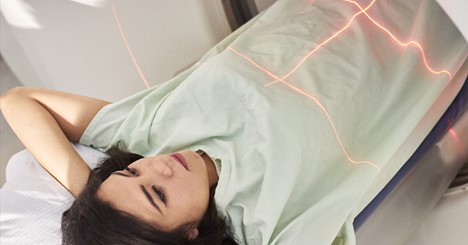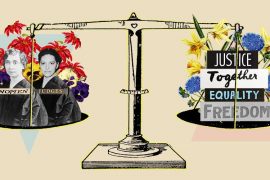Women with a specific type of breast cancer may be able to forego chemotherapy in favour of hormone therapy. A new study suggests that some breast cancer patients may not require radiotherapy.
Researchers discovered that women over 55 who have a certain specific cancer detected early can instead have surgery and hormone therapy. According to lead author Professor Timothy Whelan of McMaster University in Canada, the finding is “exciting” and shows that some women can safely avoid the associated side effects of radiotherapy. “If we can avoid radiotherapy, so much the better. Not all cancers require the same level of often-invasive treatment.”
Five hundred patients underwent breast cancer surgery, followed by hormone therapy. They were followed for five years to determine their risk of cancer recurrence. The researchers discovered that without radiotherapy, the reproduction of breast cancer was only 2.3 per cent. This was comparable to a 1.9 per cent chance of cancer developing in the opposite, untreated breast.
Prof Whelan stated that patients with early-stage breast cancer typically receive three to five weeks of radiotherapy to reduce the risk of the disease recurring.
“These findings are exciting because we have identified a specific group of patients who can avoid radiotherapy and its associated side effects, potentially changing medical practice around treating breast cancer for the better,” he added.
Radiotherapy causes significant early side effects such as fatigue and skin irritation that can last for several weeks after the course is completed, as well as late side effects such as breast shrinkage and distortion that can affect quality of life and, in rare cases, more severe complications such as heart disease and second cancers. “The sooner we can avoid radiotherapy, the better.”
“Not all cancers necessitate the same level of frequently invasive treatment.”
“The luminal A biomarker is found in a very low-risk group of breast cancers that are not particularly aggressive.”
“With around 55,000 women and 370 men receiving a breast cancer diagnosis each year in the UK, we need to make sure that everyone receives the treatment most suitable for them – from people who are more likely to see the disease return, requiring more intensive treatment, to those who could safely skip certain treatments and their associated side-effects,” said Dr Kotryna Temcinaite, senior research communications manager at the charity Breast Cancer Now.





Comments are closed.